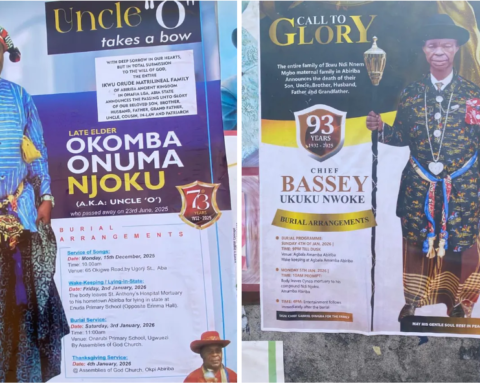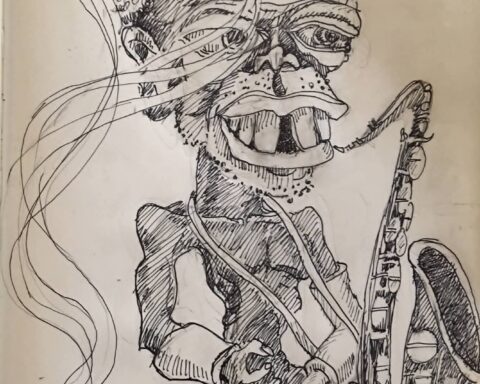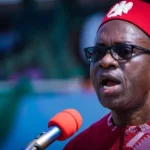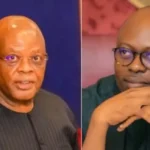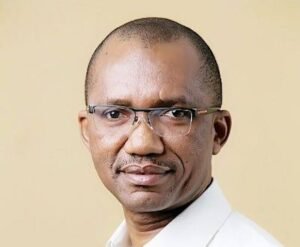
When I was invited to Yenagoa, Bayelsa State, in June, I didn’t know what to expect. I had not visited the place since 2005. Even though I had been to nearby Rivers and Delta States several times, Bayelsa didn’t cross my mind.
To make matters worse, the state was often in the news for the wrong reasons. Not that it was an exception, but press headlines seemed to suggest that if you wanted the most depressing news about intra-party wrangling, post-election disputes, or the scariest stuff about kidnapping and youth militancy, Bayelsa was the place to go.
Bayelsa, the home of Nigeria’s first president from the south-south and one of the jewels of Nigeria’s oil reserve, also appeared to be one of its most volatile spots.
I didn’t plan to go there. And as if to validate my lethargy, days before this visit, there was something in the news that Bayelsa was the leading state in the prevalence of monkeypox. I kept the news to myself to save my family from panic. It was now looking like a suicide mission.
To go or not?
Yet, if Yenagoa was Nigeria’s chaos capital, it didn’t show in the voice of Esueme Dan-Kikile, the general manager corporate affairs of the Nigerian Content Development and Monitoring Board (NCDMB), who never once wavered in his commitment to me to read my book there.
When anxiety and prejudice nearly prevailed, I yielded to Dan-Kikile’s reassuring calmness and my nagging curiosity for adventure.
After 19 years of mental pictures, mostly from unflattering news reports, I decided to face the demon. By a quirk of fate, I used the longer route – Warri to Yenagoa. What a trip this second missionary journey turned out to be!
If a picture is worth a thousand words, one travel mile is worth two thousand. Words sometimes fail to describe the joys and excitement of new faces, places, sounds, and smells of travel.
Jonathan was “king”
Akpabio proceeded to open the can of worms after hinting that the contracts for the road were awarded to companies belonging to his interlocutors, the committee chairman and current Minister of Interior Olubunmi Tunji-Ojo interjected: “Off your mic! Honourable Minister, it’s OK, off the mic!”
That interjection became the national joke for killing any potentially embarrassing thing that should be said. Talking too much is against the convention at any tollgate – whether in Abuja or on the East-West Road. Off the mic, pay the toll, and move.
Akpabio, an accomplished toll collector, should have known the tradition. According to a NEITI report in 2013, the NDDC received about N400 billion between 2007 and 2011, which is almost one-quarter of its 20-year existence. If the Commission were a state with a revenue of N168 billion in 2011, for example, it would be the sixth highest earning in the country, displaced only by Lagos, Akwa Ibom, Bayelsa, Delta and Rivers.
Yet, as the car taking me to Yenagoa drove by, the most prevalent evidence that the Commission is working on the East-West Road is the enormous square slabs, each engraved with its name erected shamelessly within every two kilometres or so. It would be a surprise if this work is finished in another 18 years, even if Nigeria robbed a Chinese bank for N1 trillion.
Waterfront and petrol queues
After nearly three hours of driving, we finally arrived in Yenagoa, turning off at the Yenagoa-Mbiama part of the East-West Road at Igbogini Junction onto Glory Drive. The driver said the new road was constructed last year. The one-road state capital had a new access road, which I later learned was the third.
In Yenagoa, the makeshift food shops on wooden stilts at the waterfront at the end of Alamieyeseigha Road, just a stone’s throw from the imposing Content Board Tower, were great. The food, smell, neon lights, music, and the energy of the solicitous food vendors courting mostly young customers were hard to resist.
The place reminded me of Tampa Bay in Florida – if, for a moment, from behind any of the wooden shacks, you looked far beyond the large waterweeds and abandoned wooden canoes at the shore to the Ocean just at the horizon.
On our way to the venue of the book reading at Golden Tulip the next day, we saw long queues of vehicles snaking for miles from a nearby NNPC filling station where drivers were waiting to buy petrol.
It’s heartbreaking that residents in this state, home of Oloibiri, where crude oil was first discovered in Nigeria and home to the country’s fourth highest concentration of oil wells, must go through this to buy petrol. My driver said drivers unable to buy petrol the same day would leave their vehicles at the station and return the next day. They are used to it. I shook my head.
Read the book!
The book reading was electrifying. It was attended by a fine collection of students from four universities in the state with their teachers. Accomplished writers and professionals from other walks of life were present, too. The audience’s enthusiasm and determination to seize the moment for their own good were remarkable.
Dan-Kikile spoke from the heart about NCDMB’s passion for upskilling capacity at institutional and individual levels; the moderator, Dr. Doubra Timi-Wood of Channels TV, made the reading a shared moment of intimacy, and the audience loved it.
The cure for my lethargy was facing my fears. I’m glad I did.
•Ishiekwene is Editor-In-Chief of LEADERSHIP.


